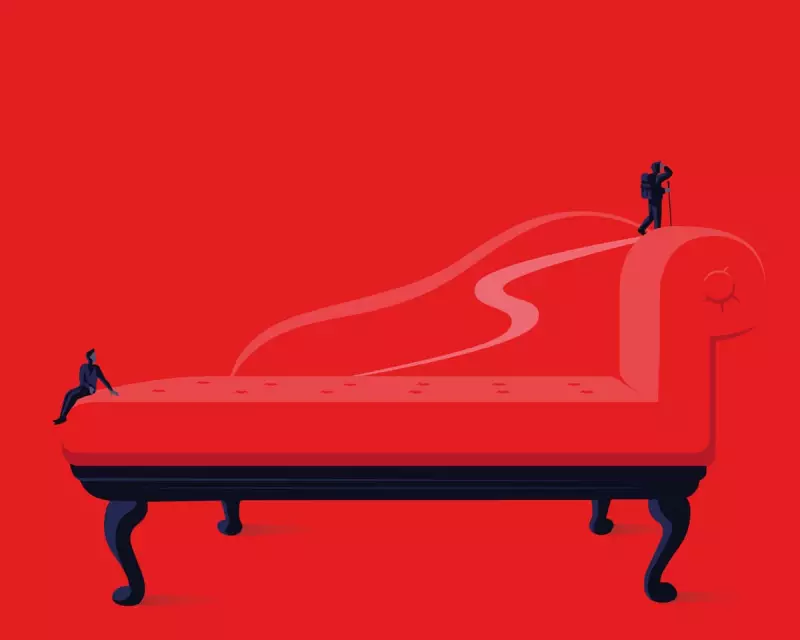
Ever wondered what really happens in a therapist's office beyond the stereotypical couch and notepad? Psychotherapy remains one of the most misunderstood yet transformative processes for mental wellbeing.
The Science of Change: How Therapy Rewires Your Brain
Contrary to popular belief, psychotherapy isn't just 'talking about your problems'. Modern research shows that effective therapy creates measurable changes in brain function and structure. Through consistent sessions, you're essentially retraining your brain's response patterns to stress, anxiety, and emotional triggers.
What Actually Happens in Those Sessions?
The therapeutic process typically involves:
- Building a therapeutic alliance: Establishing trust with your therapist creates a safe space for vulnerability
- Identifying patterns: Recognizing unhelpful thought and behaviour cycles that keep you stuck
- Developing new tools: Learning practical strategies to manage difficult emotions and situations
- Processing experiences: Making sense of past events that continue to affect your present
Different Approaches for Different Needs
Not all therapy is created equal. Various modalities offer distinct benefits:
Cognitive Behavioural Therapy (CBT)
Focuses on identifying and changing negative thought patterns that influence behaviour and emotions. Particularly effective for anxiety and depression.
Psychodynamic Therapy
Explores how unconscious processes and past experiences shape current behaviour and relationships.
Humanistic Approaches
Emphasises personal growth and self-actualisation, helping you become more authentic and self-aware.
The Real Benefits Beyond Symptom Relief
While reducing symptoms of mental health conditions is crucial, psychotherapy offers deeper rewards:
- Improved self-awareness: Understanding why you think, feel, and act the way you do
- Better relationships: Learning healthier communication and boundary-setting skills
- Enhanced coping mechanisms: Developing resilience to handle life's inevitable challenges
- Personal growth: Discovering strengths and values that guide more fulfilling life choices
Taking the First Step
Starting therapy can feel daunting, but finding the right therapist and approach can be life-changing. Remember that it's normal to try different therapists before finding the right fit – the therapeutic relationship itself is a powerful agent of change.
Whether you're dealing with specific mental health challenges or simply seeking personal development, psychotherapy offers evidence-based pathways to understanding yourself better and creating meaningful change that lasts long after the sessions end.





